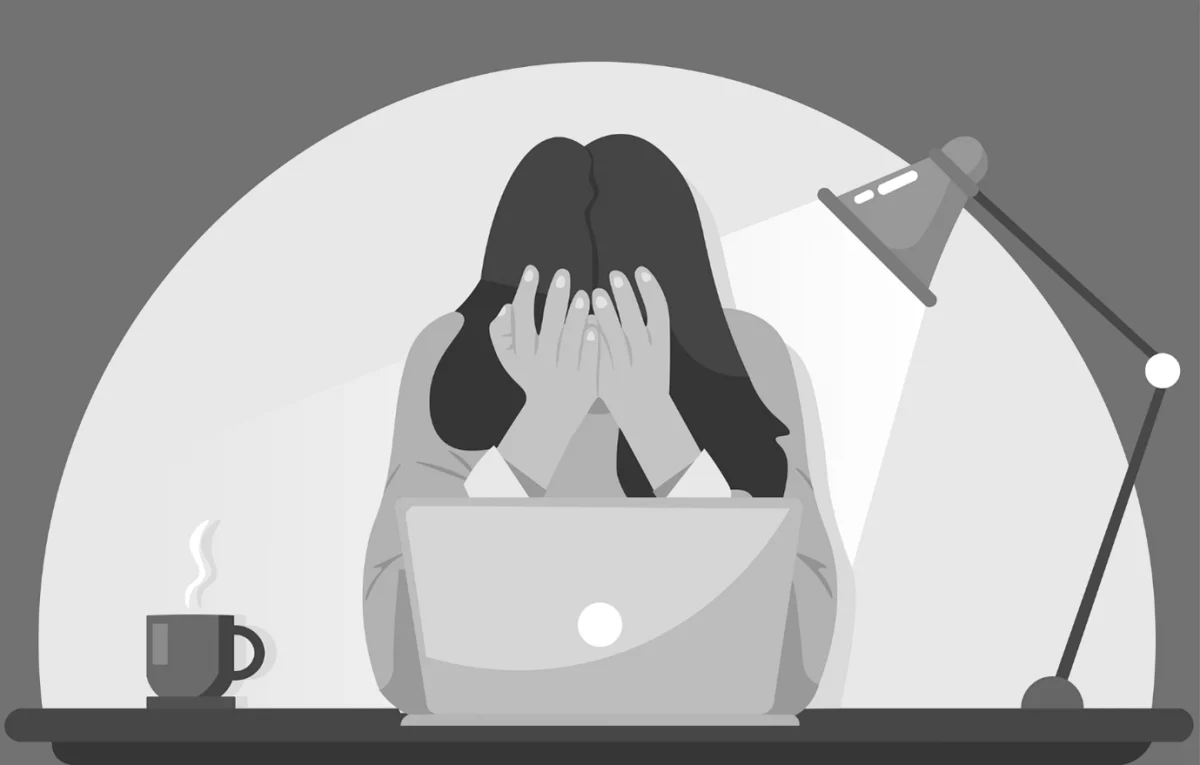Introduction
In our fast-paced modern world, stress has become an ever-present aspect of our lives. Whether it’s personal life choices, business decisions, or public policy-making, the impact of stress on our decision-making processes cannot be understated. Stress, in the context of mental models, refers to the tendency for individuals or groups to make irrational decisions when under pressure or experiencing anxiety. This blog post aims to delve into the concept of stress, its prevalence in our day-to-day lives, the biases that contribute to it, and provide practical strategies to avoid succumbing to this mental trap.
Defining Stress and Its Relevance in Decision-Making
Stress, at its core, is a psychological and physiological response to demanding circumstances. It manifests as a sense of pressure, anxiety, or tension that affects our emotional and cognitive well-being. When making decisions under stress, our judgment can be clouded by irrationality, leading us to make choices that may not align with our best interests.
Stress plays a significant role in decision-making processes due to its impact on cognitive functions. Stress triggers the release of cortisol, a hormone that influences our ability to think logically, process information, and evaluate potential outcomes. Under stress, our brains tend to focus on immediate threats rather than taking a comprehensive view of the situation. This narrow perspective can hinder our ability to consider long-term consequences, evaluate alternatives objectively, and make rational choices.
Occurrence of Stress in Various Contexts
- Personal Life Decisions: Consider the example of a stressed individual contemplating a career change. They may feel overwhelmed by the fear of failure, financial insecurities, or societal expectations. In such cases, stress can lead them to make hasty decisions, such as accepting a new job offer without fully considering its alignment with their long-term goals and personal fulfillment. By succumbing to stress, they may find themselves trapped in a new role that brings little satisfaction or growth.
- Business Scenarios: Stress is prevalent in high-pressure business environments where decisions have significant consequences. Take the case of a stressed executive under immense time constraints, responsible for making a critical investment decision. The pressure to demonstrate immediate results and meet performance targets may push them to make impulsive choices based on short-term gains rather than conducting thorough research and considering the long-term viability of the investment. This can result in substantial financial losses for the company.
- Public Policy-Making: Stress can influence decision-making at a societal level. When policymakers face mounting pressure from public opinion, media scrutiny, or impending elections, they may be prone to making knee-jerk decisions that prioritize short-term popularity over long-term benefits. This can lead to ineffective policies, compromised governance, and missed opportunities for positive societal change.
Mental Biases and Psychological Underpinnings of Stress
Several mental biases contribute to stress and its impact on decision-making. One such bias is the availability heuristic, where individuals rely on immediate and easily accessible information rather than seeking out a comprehensive range of data. When stressed, we tend to prioritize information that confirms our existing beliefs or preconceived notions, disregarding contradictory evidence. This cognitive bias can limit our ability to make well-informed decisions and prevent us from considering alternative perspectives.
Another psychological factor linked to stress is the loss aversion bias. Research suggests that individuals are more sensitive to potential losses than gains. When under stress, this bias can intensify, making us overly risk-averse and resistant to change. We may cling to familiar but suboptimal choices to avoid potential losses, even when the potential for greater gains exists through alternative paths.
In addition to biases, stress also interacts with our emotional state. Stress triggers the release of adrenaline and cortisol, heightening our emotional responses and diminishing our ability to regulate them effectively. This emotional arousal can further cloud our judgment, leading to impulsive and irrational decision-making.
Strategies to Identify and Avoid Stress-Induced Decision-Making Errors
- Recognize the Signs: Awareness is the first step in combating stress-induced decision-making errors. Pay attention to your emotional and physical state when facing important choices. Increased heart rate, racing thoughts, and a sense of urgency may indicate the presence of stress. Acknowledging these signs can help you take a step back and reevaluate your decision-making process.
- Seek Diverse Perspectives: When stress threatens to narrow your focus, actively seek out alternative viewpoints. Engage in discussions with trusted peers, mentors, or subject matter experts who can provide fresh insights. By exposing yourself to diverse perspectives, you can broaden your understanding of the situation and reduce the impact of stress-induced biases.
- Embrace Mindfulness and Self-Care: Practicing mindfulness techniques, such as meditation or deep breathing exercises, can help alleviate stress and improve your ability to think clearly. Prioritize self-care activities that promote relaxation, such as regular exercise, adequate sleep, and maintaining a healthy work-life balance. Taking care of your well-being enhances your resilience in the face of stress and supports sound decision-making.
- Utilize Decision-Making Frameworks: Employ decision-making frameworks, such as cost-benefit analysis or decision trees, to structure your thinking and evaluate potential outcomes more objectively. These frameworks provide a systematic approach that helps mitigate the influence of stress and biases on your decision-making process.
Conclusion
Stress is a pervasive mental trap that affects decision-making processes across personal, professional, and societal realms. By understanding the psychology behind stress and its influence on our cognitive functions, we can equip ourselves with the tools to make more rational and objective choices. Recognizing the signs of stress, seeking diverse perspectives, embracing mindfulness and self-care, and utilizing decision-making frameworks are valuable strategies to navigate the pitfalls of stress-induced decision-making errors. By actively avoiding stress and its associated biases, we can make decisions that align with our long-term goals, well-being, and ultimate success.
